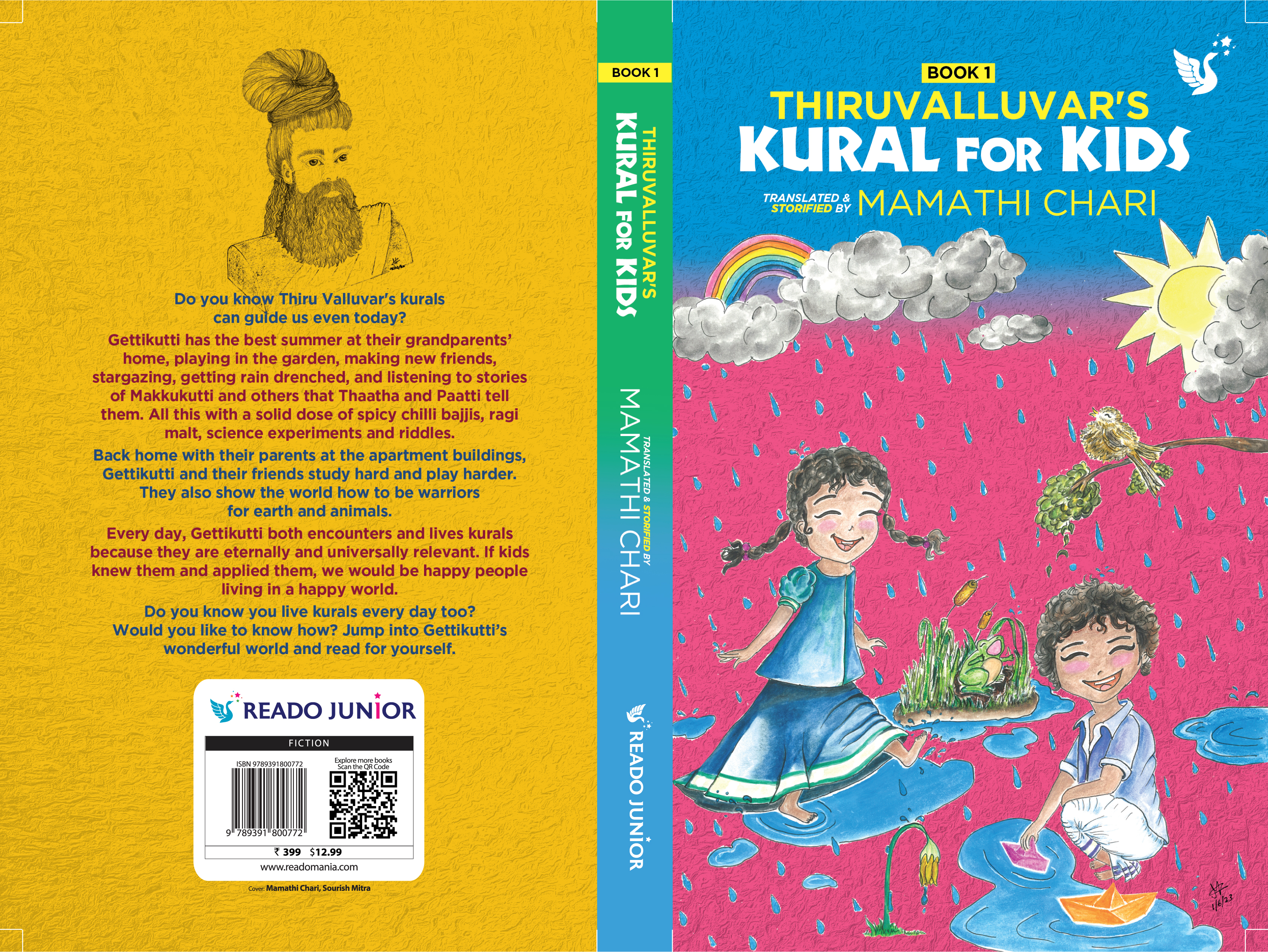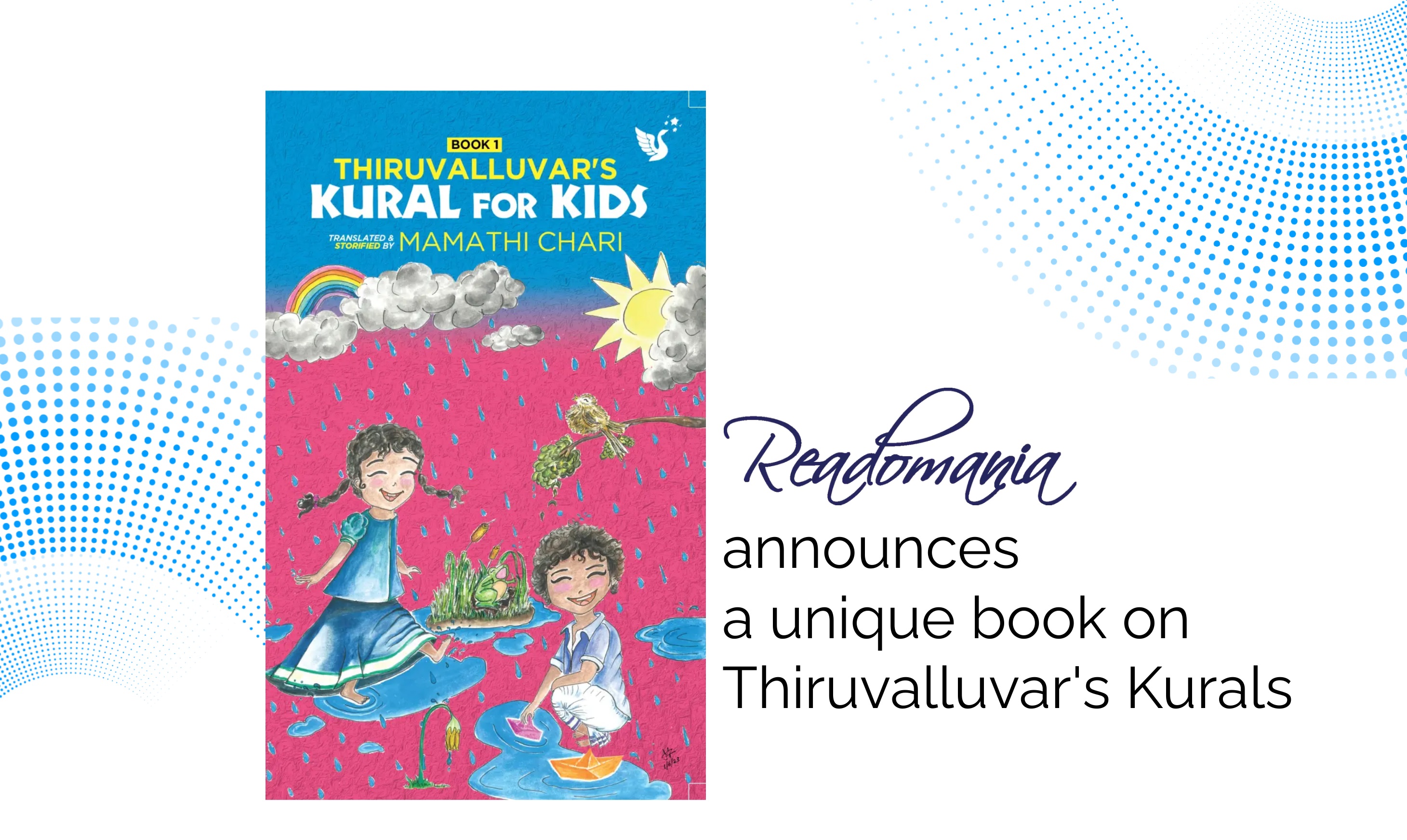Generational memory is at the core of every species’ emotional matrix. Unique though to the human race, as far as we know, is our practice of reaching out to ancestral and contemporary words of wisdom for guidance, comfort, motivation or simply to prove one’s point. These come to us as sayings, adages, proverbs and quotations. Of the great thinkers who have shared such thoughts with us, some address one or more aspects of individual human life, others address one or more of societal life.
The ancient Thamizh (Tamil) poet Thiru Valluvar has, however, encompassed guidance for every imaginable aspect of individual life, societal life and romantic pursuit in one single work—the Thiru Kural. Small wonder it is the most translated work in the world after The Bible. The stark difference between the two is that the Thiru Kural is not a religious work. Rather, it is religion neutral and refers to God as either the Primordial God or simply God, which is one of the primary qualities that makes its thoughts applicable to all. The Thiru Kural is also unbiased in terms of race, creed, gender, age, language and geography. Its practical philosophy transcends time. These combine to make it universally and eternally relevant.
The Thiru Kural is written as 1,330 couplets. A couplet is called ‘kural’ in Tamil. The entirety of the work is called The Thiru Kural, that is, The Auspicious and Rich Couplets. The work is segregated into three Cantos—Personal Life Virtues, Societal Life Virtues and Romantic Life. The majority of the populace confuse virtues with morals and one can blame evolutionary linguistic loss and personal agenda driven semantic skewing for this. The virtues that Valluvar writes of are not these. He writes of virtues as the practical qualities to be developed for the most beneficial, productive and peaceful life. While he calls for basic personal ethics to be in place, he also writes true to professional ethics.
The work may be poetic in structure, but Valluvar does not merely say pretty things. He sits you down as an intimate friend, as a loving relative and without pulling punches or trying to be politically correct, he tells you exactly what you need to know. This knowledge will work as action points for immediate relief from even the most complex conundrums of why, how, what, what next, why me, why not me, what must I do, and so on.
These questions, when answered even before they arise, serve to make one’s life almost perfect and society idyllic. It is therefore imperative that the children from across the world benefit from this work.
Mamathi Chari has beautifully storified these Kurals for kids.

Chari goes on to says, 'My claim that Valluvar contains all the wisdom one needs in a single work is not unfounded. In the curation, Kural Mudhal™, I juxtapose Valluvar’s kurals with quotations from thinkers across space, time, language and gender. This endeavour of many years has made it undeniably evident that one need not sift through endless works to access what is required for their immediate circumstance. All one needs to do is open the Kural to the relevant chapter. And voila! There’s your way forward.
The biggest challenge is that the Thiru Kural is in ancient Tamil. The impression that this means musty tomes, language that cannot be understood and purely academic is prevalent. My endeavour is to disrupt this counterproductive mindset and bring the first two cantos of the Thiru Kural in engaging, easily assimilable ways to the children in contemporary Tamil, English and the languages of their choice. I believe I am on my way there with Kuttigal Kural, in Tamil, performing well and Kural for Kids, in English, slated to be released. Every book in this series contains 3 to 6 Kural chapters with all the 10 kurals of each. My protagonist, Gettikutti (Smart Little One), learns kurals through everyday situational understanding. Their grandparents, parents, teachers and such enable them in this through stories, riddles and relating simple events to the kurals. Their polar opposite, Makkukutti (Silly Little One), features in many of these stories, making the journey even more relatable and fun. I have also included illustrations that I have sketched to both pique the reader’s curiosity and satisfy their need for such visual stimulation.
The takeaway from the series is that the Thiru Kural can be a way of life. Mindful application of the same will empower us to rise from the despair, hopelessness and damage that is our present global condition, and make for happy individuals, ideal societies and a healed world.
Promoting the gender neutrality and respectful nature of the Thamizh language, revival of pure Tamil words and showcasing the grace of Thamizh culture holistically is also an integral part of my books.
Do join me on this journey to a better tomorrow. As Thiru Valluvar has said, “Even if God cannot aid you, the efforts you take will eke you the benefits due” – Kural 619, Societal Life Virtues chapter on ‘Effort’.'
 Author and illustrator Mamathi Chari is a pioneer in television hosting, an incidental model and actor, a celebrity radio jockey, a poet, a YouTuber, and the creator and curator of Kural Mudhal™. Till a decade and a half ago, she also was a screen producer, director, writer, ad film-maker and entrepreneur. In Tamil Nadu and among the global Tamil populace, Mamathi is renowned and celebrated for her elegant and exquisite Tamil.
Author and illustrator Mamathi Chari is a pioneer in television hosting, an incidental model and actor, a celebrity radio jockey, a poet, a YouTuber, and the creator and curator of Kural Mudhal™. Till a decade and a half ago, she also was a screen producer, director, writer, ad film-maker and entrepreneur. In Tamil Nadu and among the global Tamil populace, Mamathi is renowned and celebrated for her elegant and exquisite Tamil.
She is a warrior for animals and earth, a sportsperson, musician and artist. She is an activist against child abuse and domestic violence; an enabler of education; an organ, skin, limb donor; and a stem cell, blood, and hair donor.
An erudite, multilingual thinker and world traveller with a master’s degree in English, Mamathi writes books across genres and languages, for all ages. Her works appear both under her name, Mamathi Chari, and Maya Spark—a Mamathi Chari avatar.
The book is now available on Amazon.


Comments